

2019-09-05 09:26:00 Thu ET
technology antitrust competition bilateral trade free trade fair trade trade agreement trade surplus trade deficit multilateralism neoliberalism world trade organization regulation public utility current account compliance
Yale macro economist Stephen Roach draws 3 major conclusions with respect to the Chinese long-run view of the current tech trade conflict with America. First, the Chinese Xi administration would never lose legitimacy due to subpar 5.5%-to-6.3% real GDP economic growth. China retains more fiscal and monetary policy levers than global growth headwinds. Second, Chinese hawkish hardliners remain patient and methodical when they deal with external wildcards. These external wildcards include U.S. partisanship and economic policy uncertainty, Brexit trade and capital exodus, and diplomatic outrage in the South China Sea.
Third, the 5G tech titan HuaWei is a big deal and national champion for China. As China seeks to trudge on the long march toward tech supremacy, U.S. tech trade strategists should consider alternative approaches instead of the current legalistic approach to Sino-U.S. trade conflict resolution. It would be a symbolic loss of state dignity and sovereignty for China to agree to signing into law U.S. trade terms and conditions on intellectual property protection and enforcement. Alternatively, U.S. trade reps should focus on direct dispute negotiations between U.S. and Chinese tech corporations through the extant inland and international arbitration tribunals. This alternative mechanism may nevertheless favor domestic firms in China.
If any of our AYA Analytica financial health memos (FHM), blog posts, ebooks, newsletters, and notifications etc, or any other form of online content curation, involves potential copyright concerns, please feel free to contact us at service@ayafintech.network so that we can remove relevant content in response to any such request within a reasonable time frame.
2026-01-31 10:31:00 Saturday ET

In recent years, several central banks conduct, assess, and discuss the core lessons, rules, and challenges from their monetary policy framework r
2018-03-03 11:37:00 Saturday ET
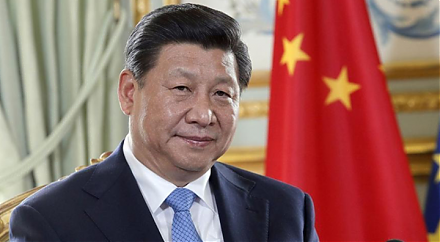
President Xi seeks Chinese congressional approval and constitutional amendment for abolishing his term limits of strongman rule with more favorable trade de
2019-06-21 13:33:00 Friday ET
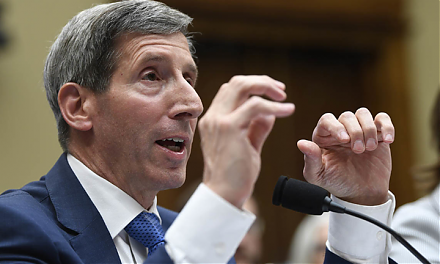
Amazon and Google face more intense antitrust scrutiny. In recent times, Justice Department and Federal Trade Commission have reached an internal agreement
2019-01-15 13:35:00 Tuesday ET
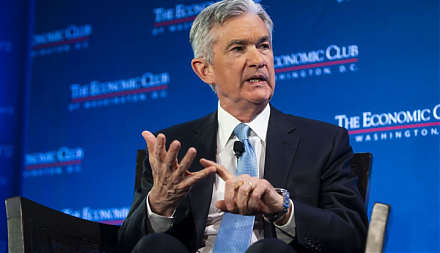
Americans continue to keep their financial New Year resolutions. First, Americans should save more money. Everyone needs a budget to ensure that key paychec
2017-02-13 09:35:00 Monday ET
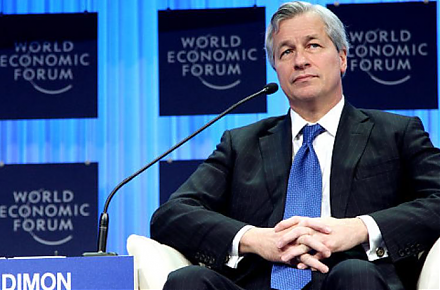
JPMorgan Chase CEO Jamie Dimon says President Trump has now awaken the *animal spirits* in the U.S. stock market. The key phrase, animal spirits, is the
2019-11-09 16:38:00 Saturday ET
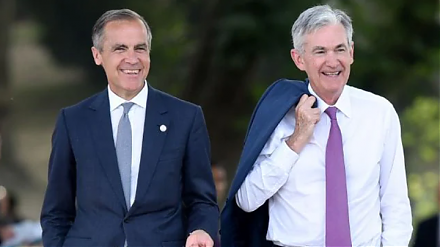
Federal Reserve Chairman Jerome Powell indicates that the central bank would resume Treasury purchases to avoid turmoil in money markets. Powell indicates t